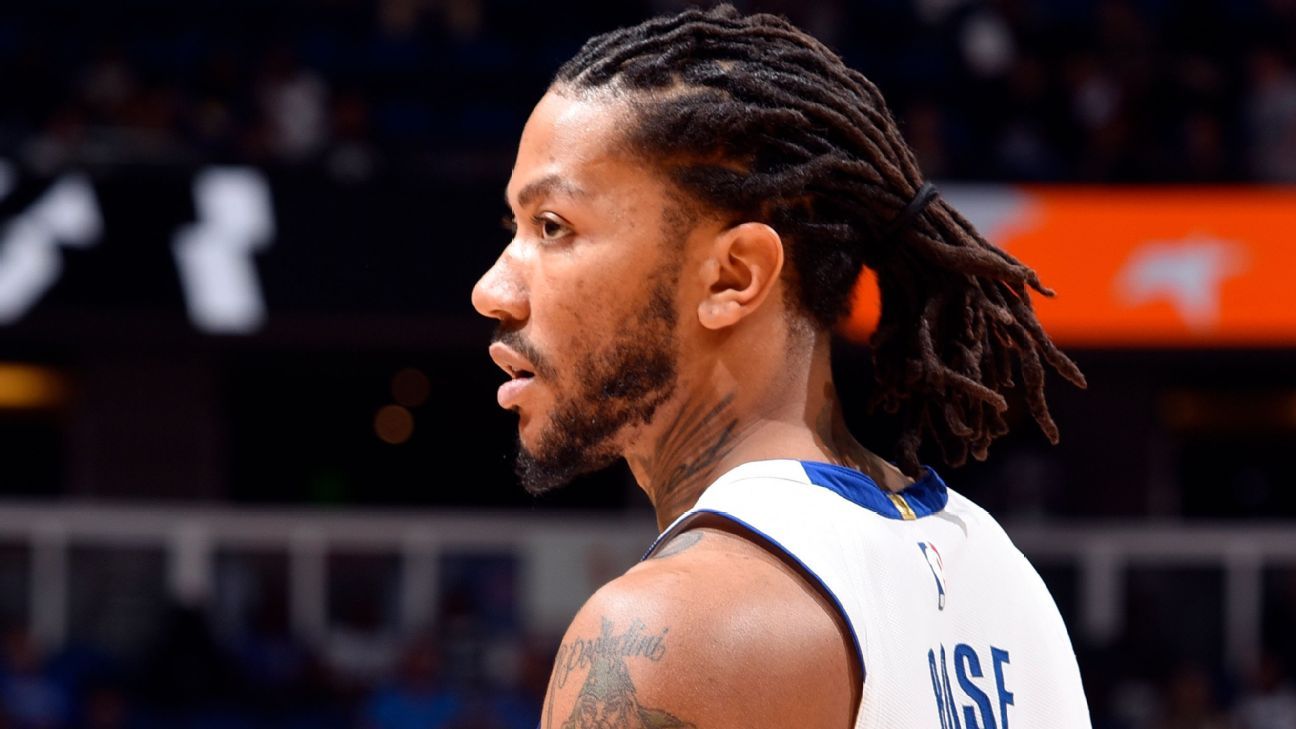
CHICAGO -- Chants of "M-V-P" echoed throughout the University of Illinois-Chicago on Thursday, just as they have in Derrick Rose's recent returns to the United Center, as he appeared on stage inside Dorin Forum for an intimate panel discussion.
In the lead-up to NBA All-Star Weekend, the Chicago native and Detroit Pistons guard used his platform to normalize the conversation around mental wellness in the city, particularly within black and brown communities.
He opened up about childhood trauma he will never forget.
"When I was younger, we used to have a lot of things that used to happen in my house and on my block to where I kind of got PTSD in a way. I'll be downstairs in the basement doing something and I'd hear somebody playing upstairs and I'd run up there thinking somebody was bursting in our house about to attack my cousin ... this girl," Rose described. "She used to beat up everybody in the neighborhood, like she would beat up somebody and I would think they were coming back for revenge. So any little bumps or sounds in the house, I'm scared, or at night I would hear something and get scared because I was thinking that these people came back."
An emotional Rose allowed himself to appear vulnerable with candid stories like those, in which he touched on his love for basketball, growing up in the Englewood neighborhood of Chicago's South Side, protecting his mental health and nearly quitting the game while overcoming injuries and trades in New York and Cleveland.
Despite dropping out of Saturday's Skills Challenge due to an adductor strain, Rose still wanted to connect with Chicago as it hosts its first All-Star event since 1988, and hosted a signing for his book "I'll Show You" with Bulls reporter Sam Smith.
"I wanted to be around my son, my kids. I know it sounds crazy, I wanted to feel the cold weather and to be a part of that in a way where I'm not involved in none of it, but people will feel my presence here so that's what it's about," said Rose, who is averaging 18.2 points and 5.8 assists on a career-best 49.0% shooting for the Pistons.
"I'm enjoying the city, [the activities are] all propaganda," he added. "Don't get me wrong, for everybody that's being a part of events, that's a great honor and achievement and great accolades, but in the grand scheme of things, all of this is propaganda. It's man-made, so me knowing that, I feel like I have a better understanding of what I want out of certain things in life and who I'm becoming to give and spread that the way that I want to."
Rose also went into how his relationship with Chicago has improved since leaving the Bulls, when he initially felt like the city "basically turned [its] back on me" following his trade to the Knicks in 2016.
"I think it's repaired well. I just know the Chi. My vibrations were low," Rose told ESPN. "When your vibrations are low, you hear everything, you seek everything and me seeking or hearing everything. That was just me being attracted to how I was feeling at the time, and that's negative, so when I changed my vibrations and matured as a person and as a man, that's when I started to grow and develop who I was as a person and individual and change my character."
Joining Rose on the stage for #TheRightConversation panel, hosted by the Everyone Has a Story (EHAS) non-profit organization, was founder and Pistons development coach JD DuBois. Among others were Chicago barber Drew Henderson, Detroit Lions linebacker Christian Jones, Yoga Pilates Instructor Adria Moses and Cindy Mori, VP of Global Talent Management & Corporate Talent Development for Discovery and OWN: Oprah Winfrey Network. Dr. Corey Yeager served as the moderator.
Rose left the room with a message for his 16-year-old self in closing.
"I would say, 'watch what you pray for' because when I was younger, my goals used to be crazy, but at the same time, the older I got, I wasn't ready for it," Rose said. "I knew I wasn't ready for a goal like that. I wasn't ready for a championship. I knew I wasn't ready because I used to say to myself numerous times like when I go out in public now, I can barely go places. So, what happened if I did win a championship? How would that be? How would I be boxed in even more? How would I live and have to move around?
"I hate living with boundaries. It kills me when I go on vacation and I just know people are chilling there as a dentist or somebody with a regular job," he continued. "They're able to live the life to just walk around freely and I'm jealous of that because deep down I want that, but I can't have it, so be careful for what you pray for because you'll never know how it'll turn out."









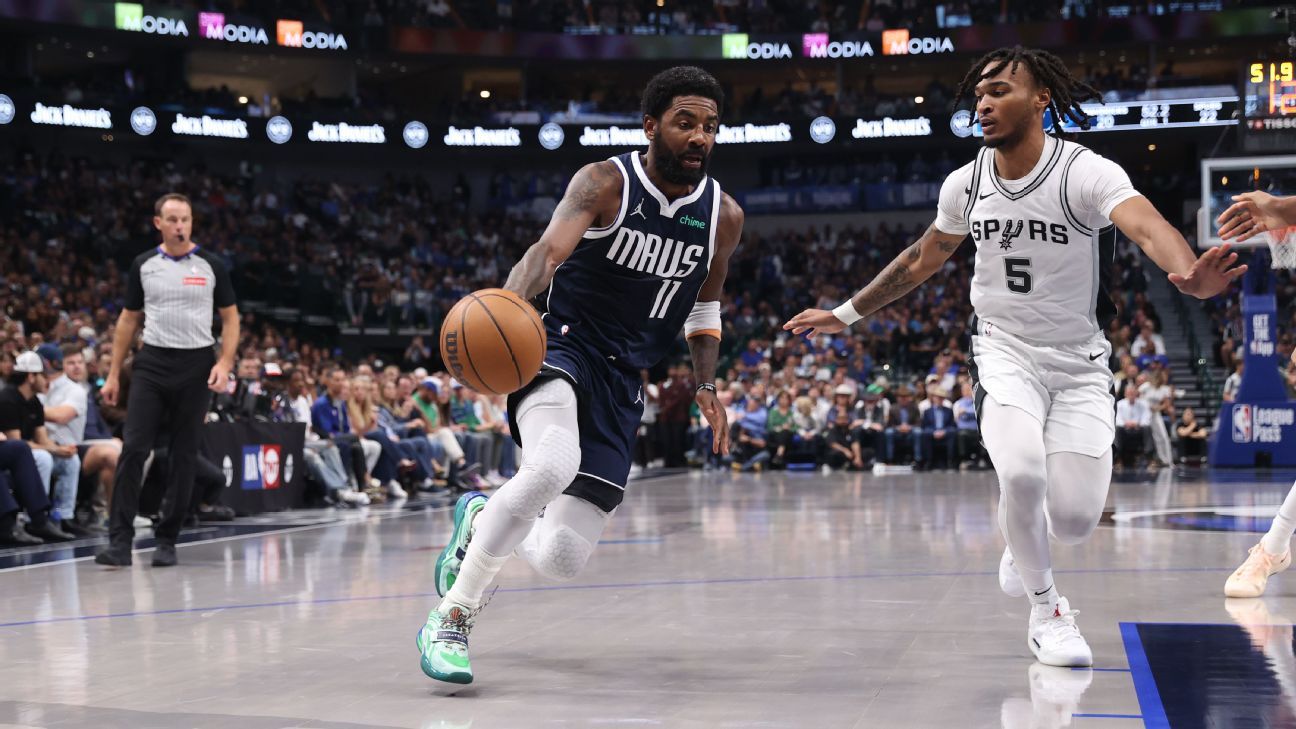
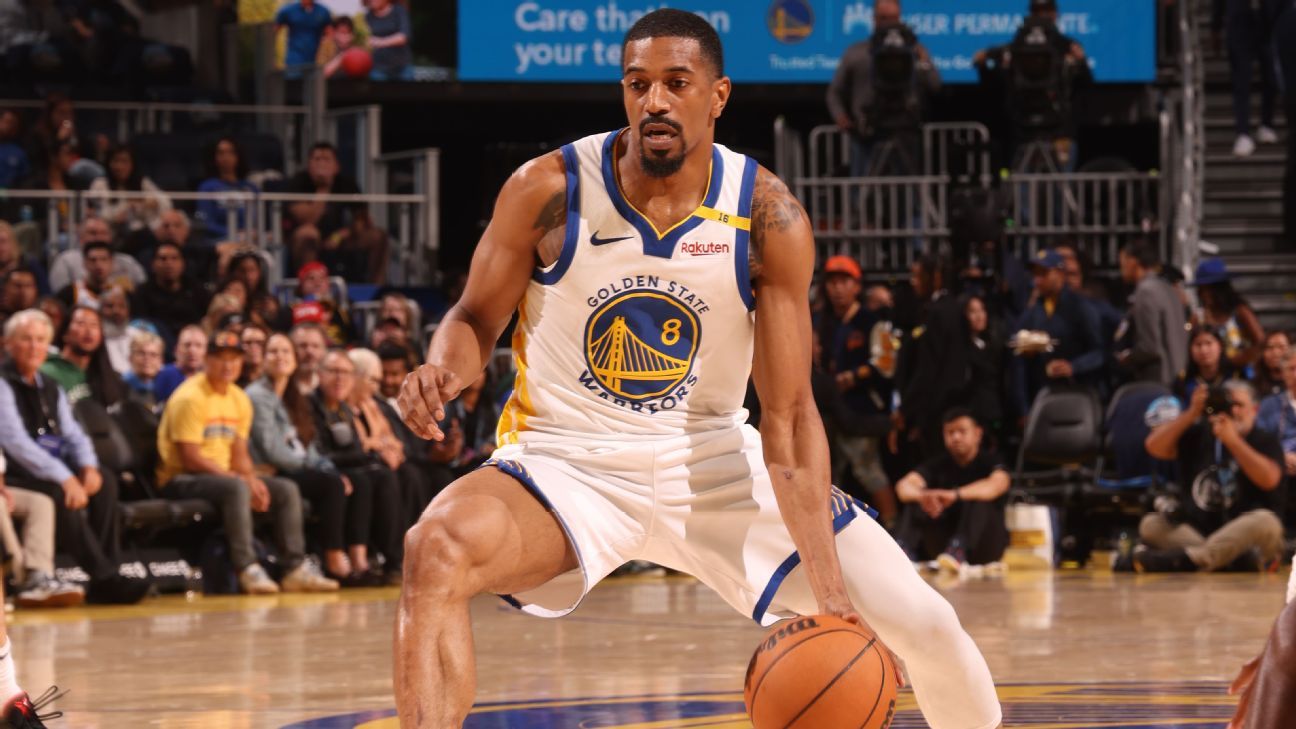
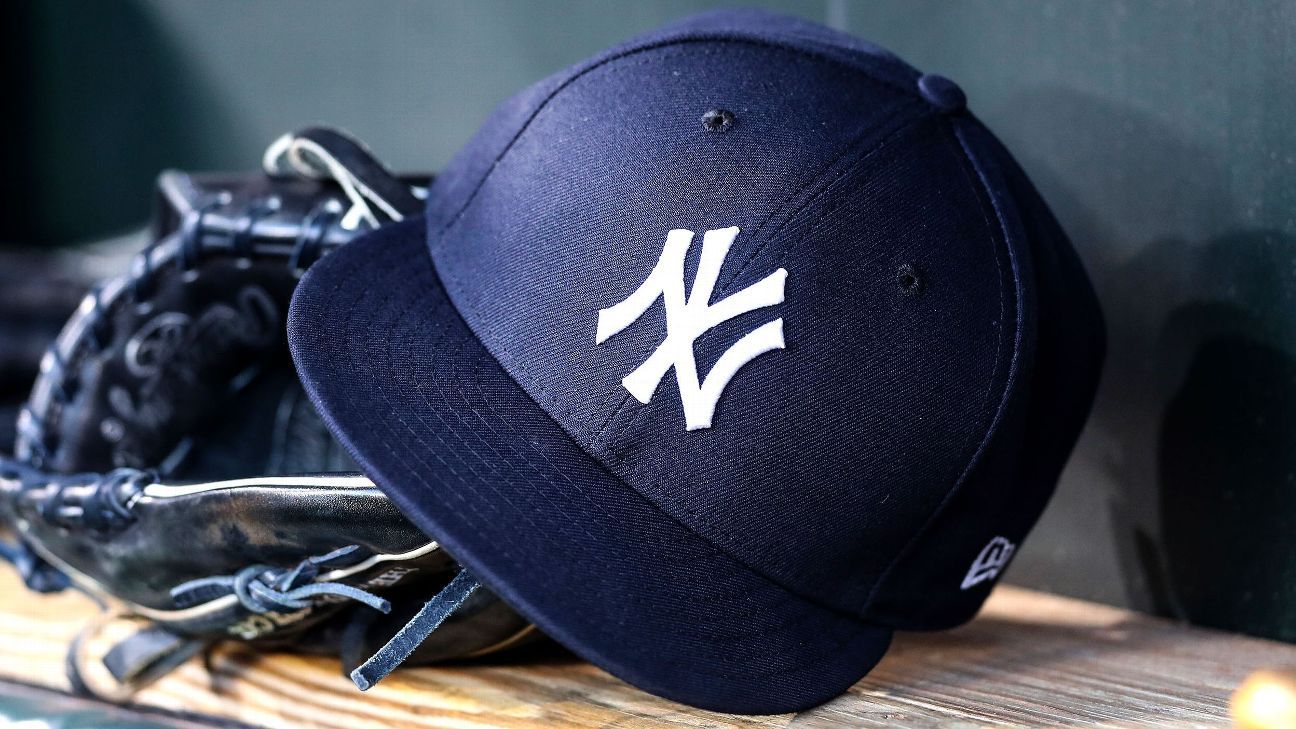
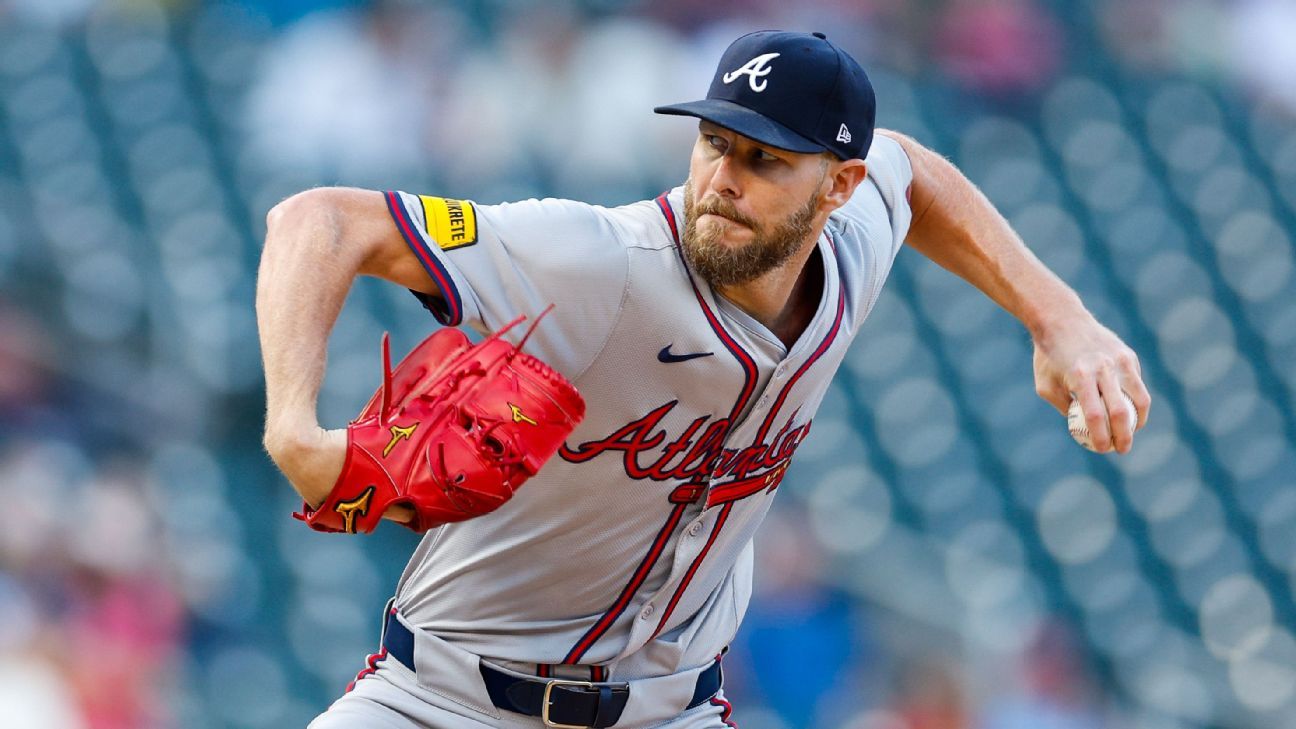

 Phone: (800) 737. 6040
Phone: (800) 737. 6040 Fax: (800) 825 5558
Fax: (800) 825 5558 Website:
Website:  Email:
Email: 






